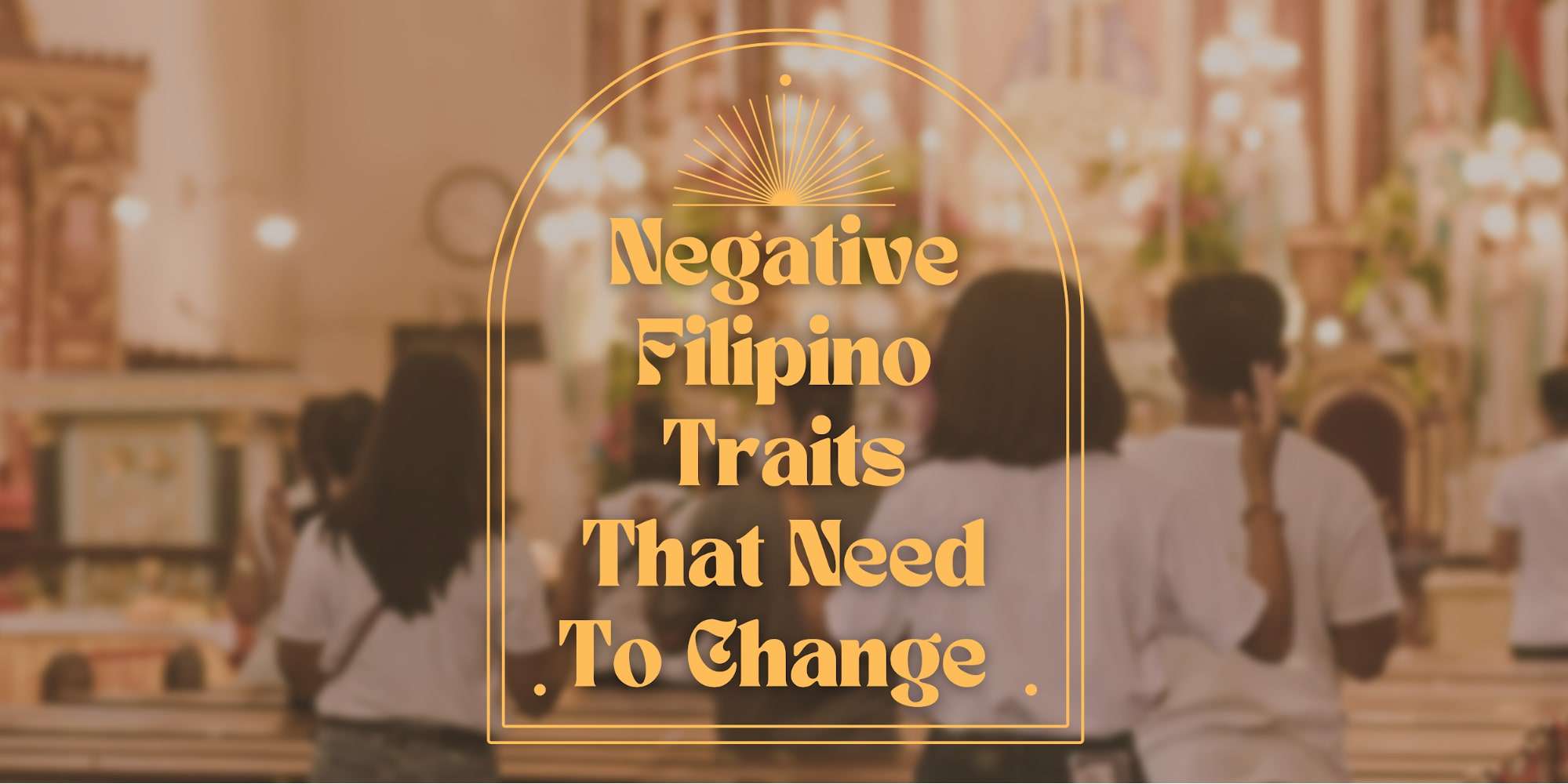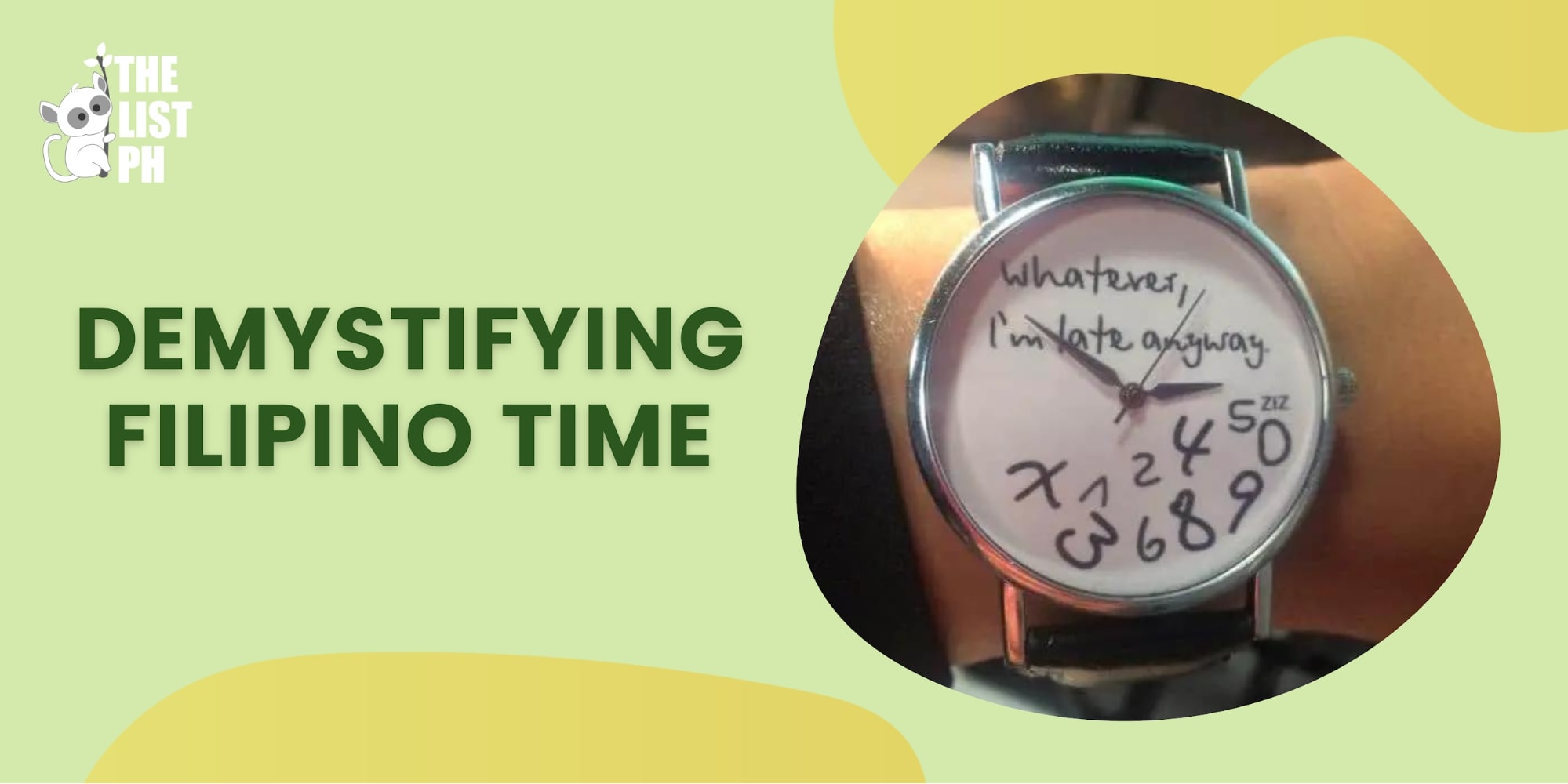From the traditional “mano po” gesture to the deep value of hospitality and respect for elders, navigating social norms in the Philippines can be challenging. With this guide, you’ll be able to blend in with the locals and win the hearts of even the most discerning titos and titas. Here’s our list of 11 essential components of Filipino etiquette! 1. Using “po” and “opo” The use of honorifics is a crucial aspect of Filipino etiquette and shows respect towards elders. The two most commonly used honorifics in the Philippines are “opo” and “po.” “Opo” is the polite form of “yes”…



